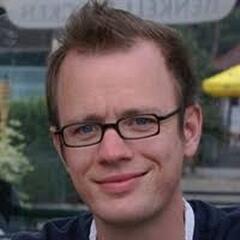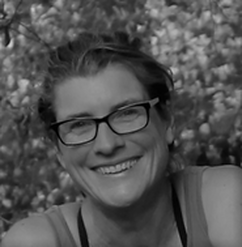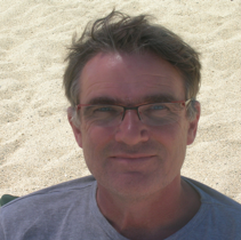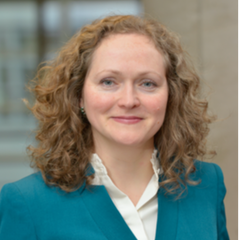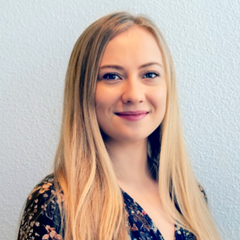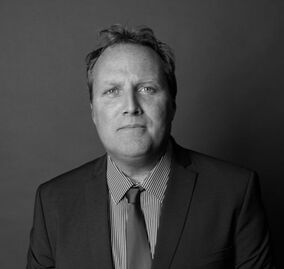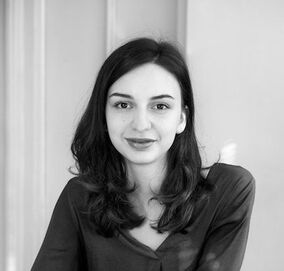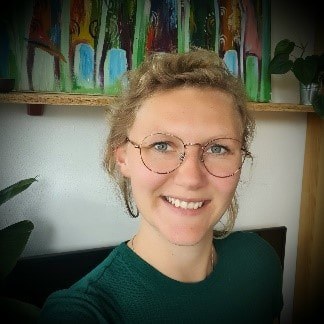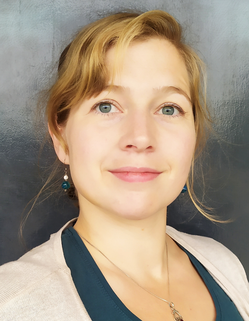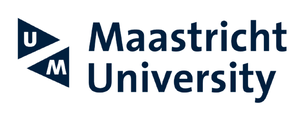About us.
Our research team spreads over different disciplines and organizations. Here we introduce our core team members.
|
Our Team
Andries Richter
|
Marjolein Sterk
|
Edwin Peeters
|
Tatiana Filatova
|
|
|
Stefan Kuks
Professor dr. University of Twente To be added |
Floris Boogaard
|
Gabriela Milyanova
|
|
Lotte de Jong
Ph.D. Candidate, Hanze University I started my PhD in February 2021 and have a background in adaptive water management. I am very curious about social ecological system elements that reinforce or modify climate adaptation. The Grensmaas project serves as a great example of nature based adaptation and integrated water management. My research will focus on integration through participation in climate change adaptation. Examples of integration are for instance across geographical, institutional, private-public, paradigms and temporal scales. Emphasis will be on applied research, therefore I will make use of multiple tools and participatory methods embedded in ClimateCafés. I enjoy fieldwork, discussions and find great value in collaboration.
|
Maya Daumal
|
